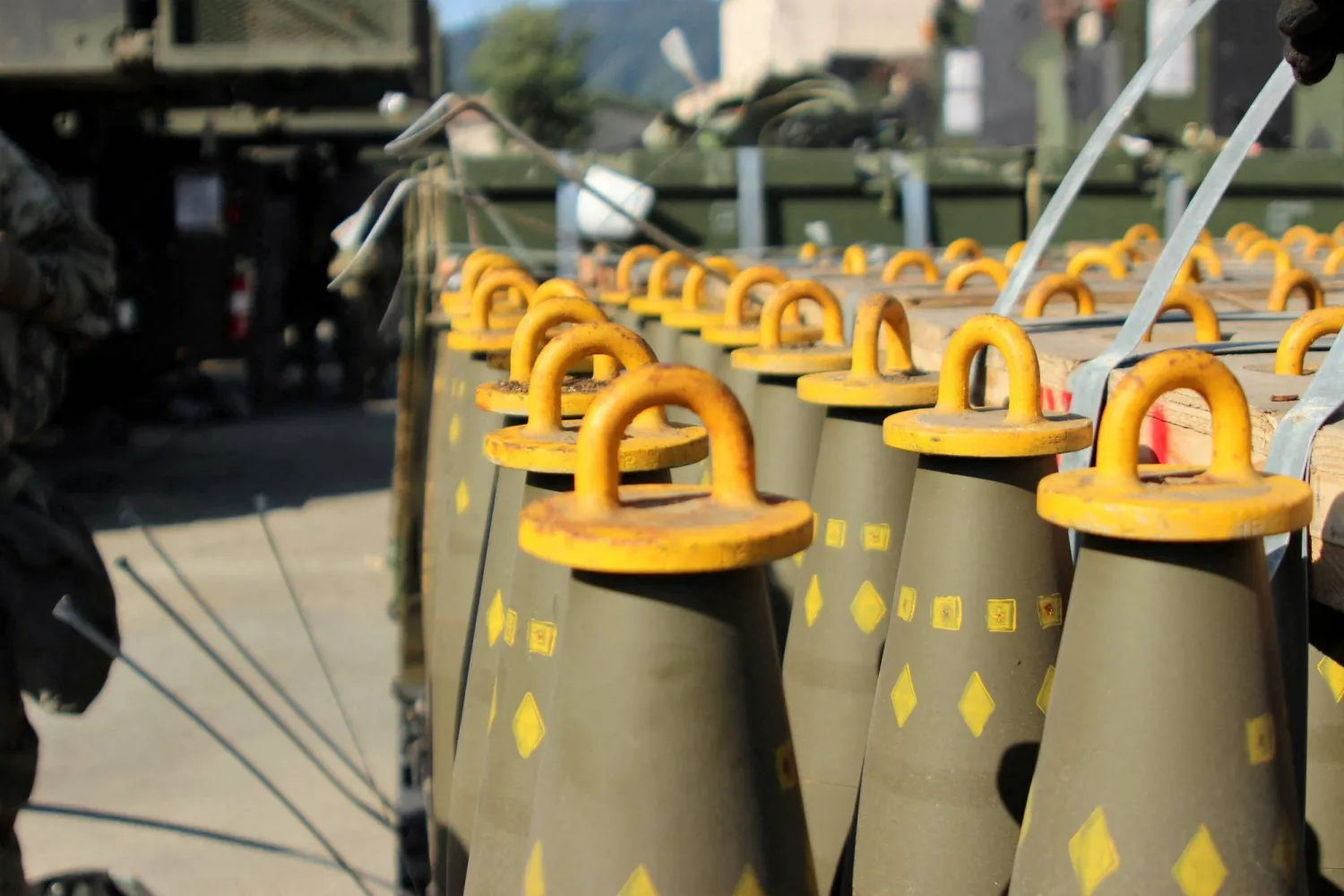Ukraine's Defense Minister Oleksii Reznikov welcomed a US decision to send cluster bombs to Kyiv, saying it would help to liberate Ukrainian territory but promised the munitions would not be used in Russia.
The US announced on Friday it would supply Ukraine with widely banned cluster munitions for its counteroffensive against occupying Russian forces.
According to Reuters, Reznikov said the munitions would help save the lives of Ukrainian soldiers, adding Ukraine would keep a strict record of their use and exchange information with its partners.
"Our position is simple - we need to liberate our temporarily occupied territories and save the lives of our people," Reznikov wrote on Twitter.
"Ukraine will use these munitions only for the de-occupation of our internationally recognized territories. These munitions will not be used on the officially recognized territory of Russia."
Cluster munitions are prohibited by more than 100 countries. They typically release large numbers of smaller bomblets that can kill indiscriminately over a wide area. Those that fail to explode pose a danger for decades.
Moscow again criticized the US decision on Saturday, describing it as another "egregious" example of Washington's "anti-Russian" course.
"Another 'wonder weapon', which Washington and Kyiv are counting on without considering its grave consequences, will in no way affect the course of the special military operation, the goals and objectives of which will be fully achieved," Foreign Ministry spokeswoman Maria Zakharova said in a statement.
Jake Sullivan, US President Joe Biden's national security adviser, sought on Friday to make the case for providing the arms to Ukraine to reclaim territory seized since Russia invaded in February 2022.
"We recognize that cluster munitions create a risk of civilian harm from unexploded ordnance," Sullivan told reporters. "But there is also a massive risk of civilian harm if Russian troops and tanks roll over Ukrainian positions and take more Ukrainian territory and subjugate more Ukrainian civilians because Ukraine does not have enough artillery," he said.
Reznikov said the military would not use cluster munitions in urban areas and would use them only "to break through the enemy defense lines".
Russia, Ukraine, and the United States have not signed the Convention on Cluster Munitions, which bans the production, stockpiling, use, and transfer of the weapons.









